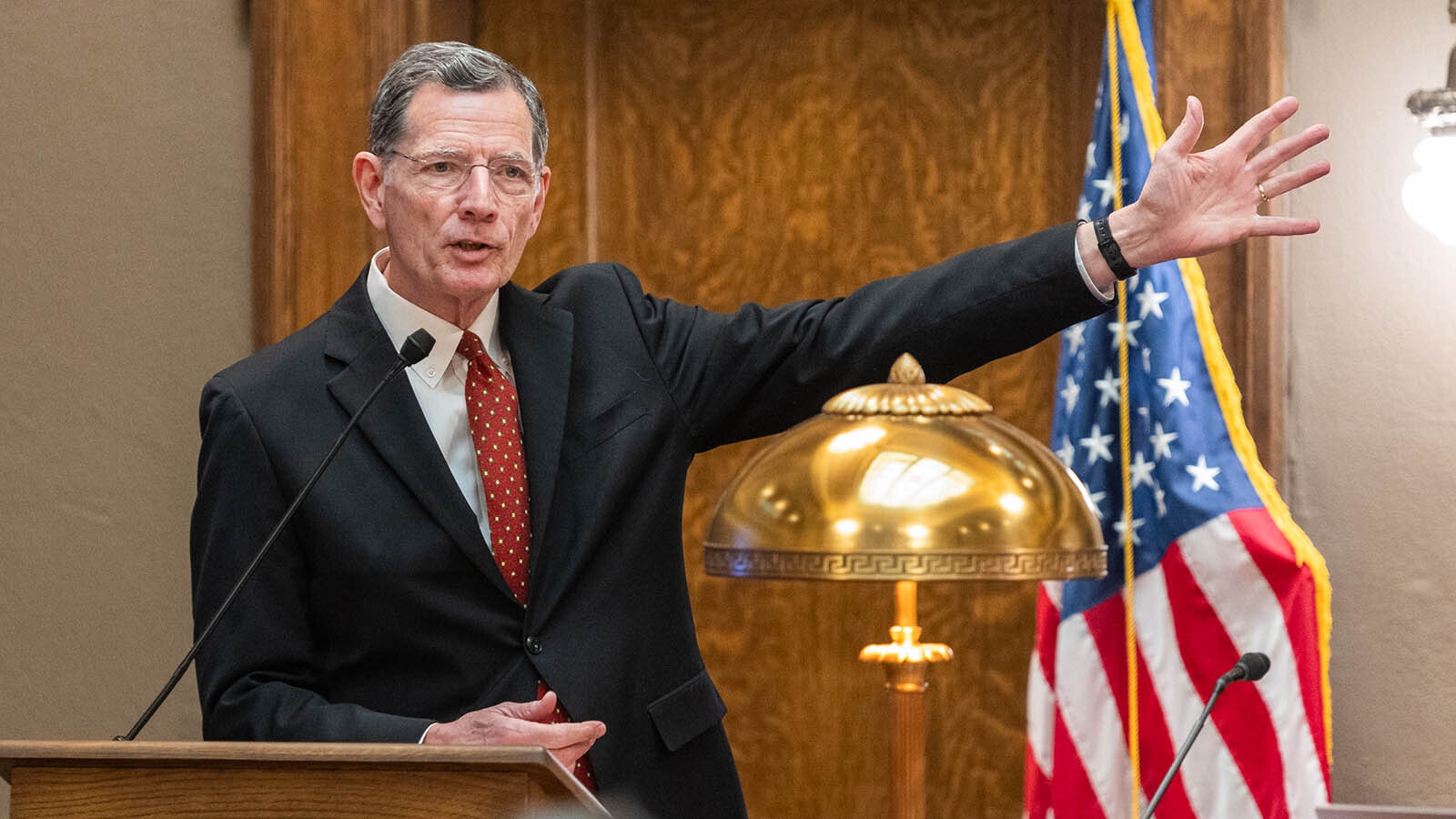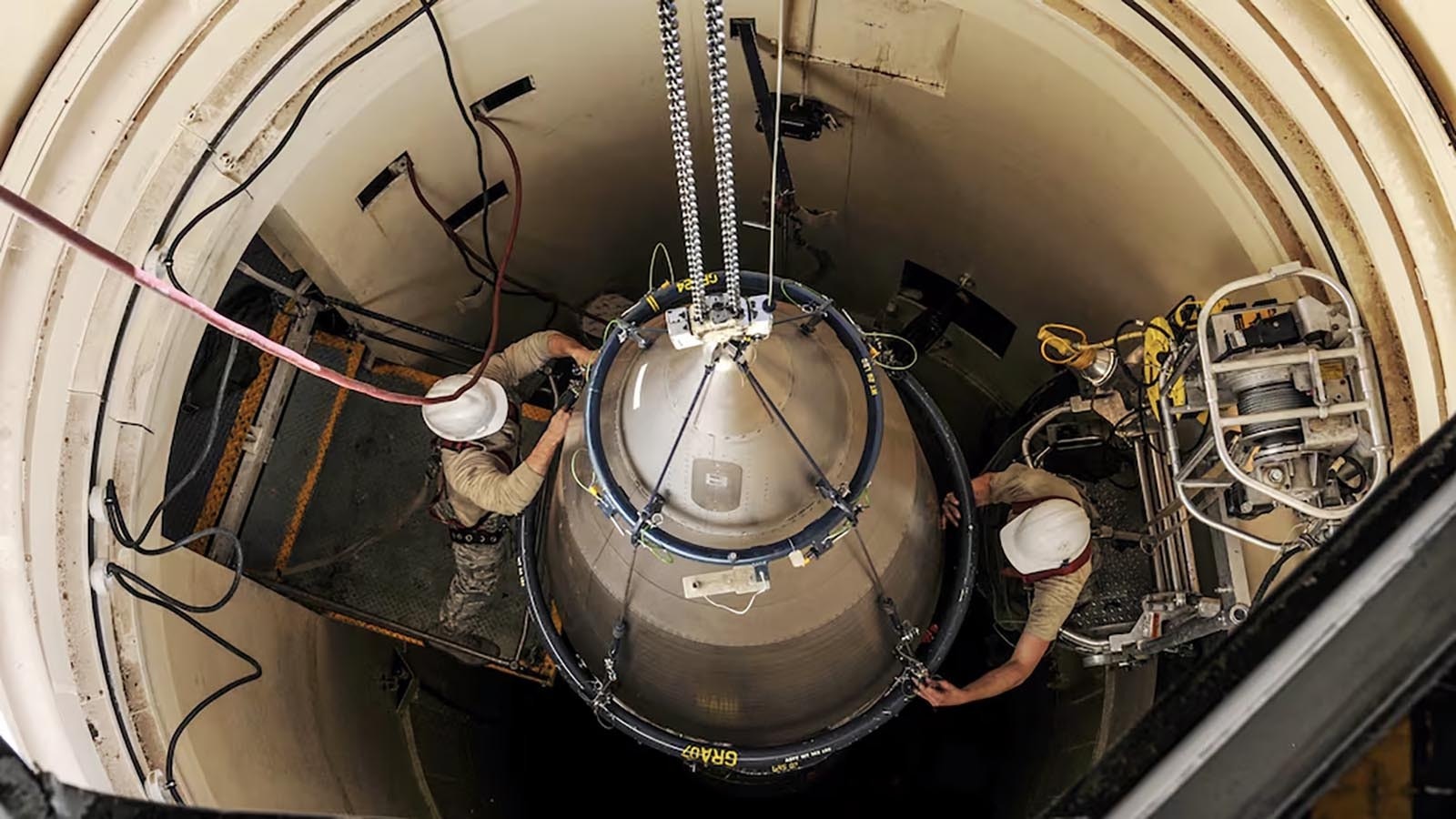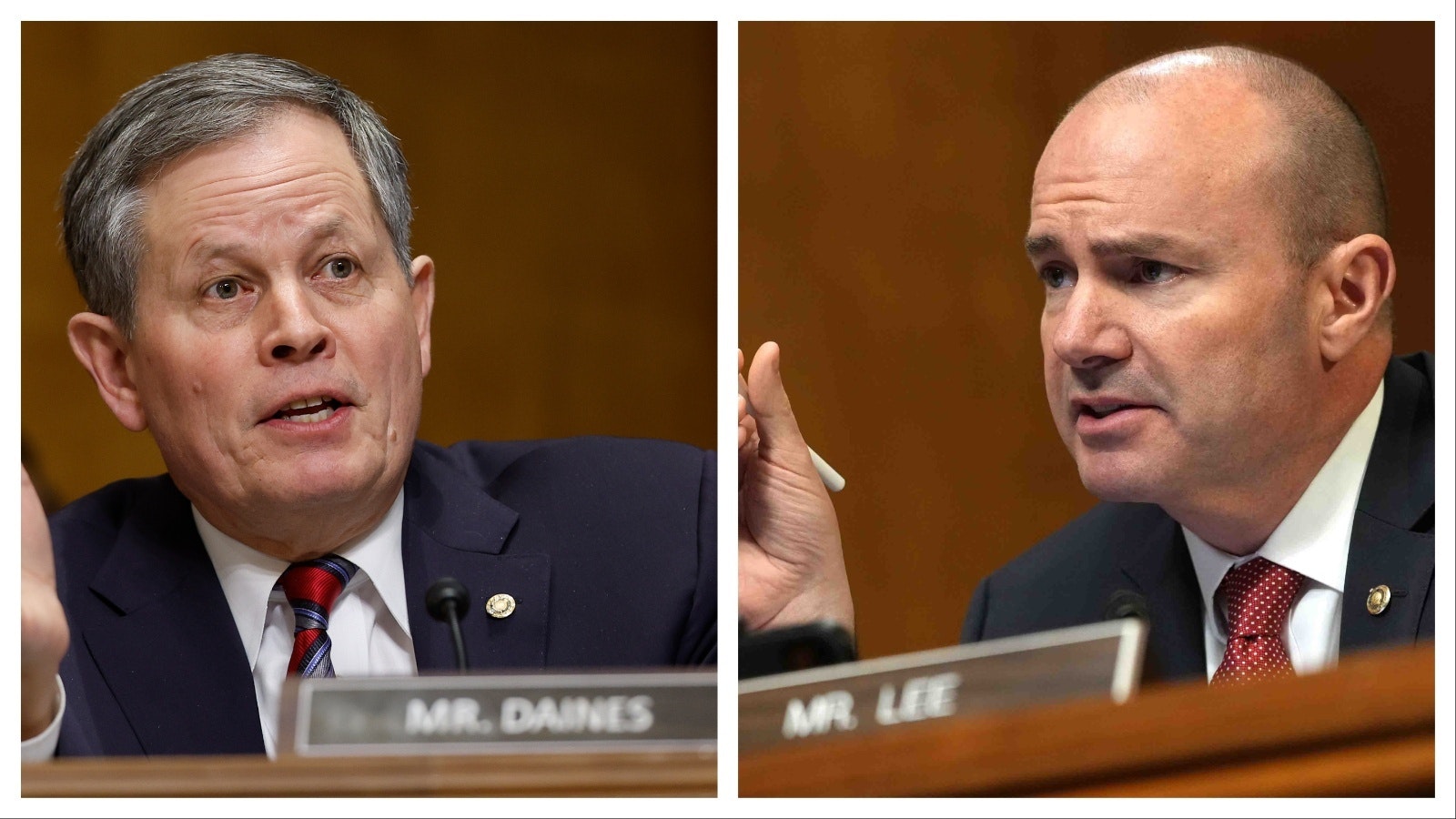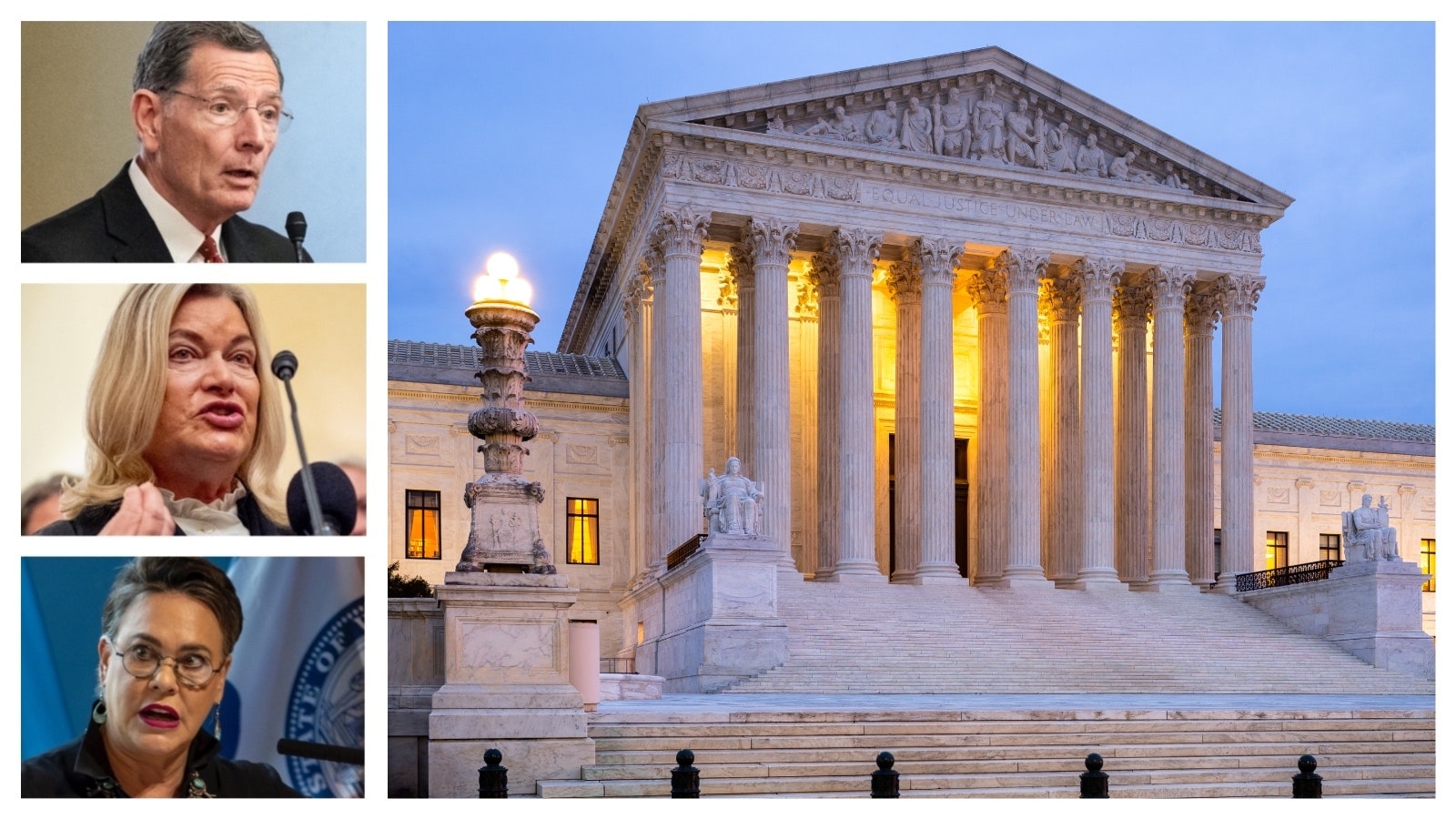State Rep. Dan Zwonitzer, R-Cheyenne, said he has no problem with calling for a roll call vote of the entire Wyoming House after a hearty debate or discussion. But doing it before the discussion even begins, to him, is a little much.
It’s happening frequently enough in the House of Representatives this session to frustrate and intimidate other legislators, he said, adding that abusing the process to repeatedly call for full House roll calls stifles open debate and positive decorum.
“When you do it first thing before any debate, five times in a row, then it’s about weaponization,” he said. “It’s not about the debate or even the legislation. It’s about, ‘We’re trying to bully you or intimidate you.’”
In a roll-call vote, each legislator votes “yea” or “nay” as his or her name is called by the clerk, who then records the votes for the official record. With 62 House members, a full roll call also takes longer than a less formal voice vote or show of support by standing.
Protesting Votes
Zwonitzer voiced his frustration with an increase in the number of roll call votes called for on the House floor Wednesday, making an official protest on the record for behavior he sees as inappropriate.
“We are now weaponizing the process by calling for the ‘ayes’ and ‘nos’ on each one of these amendments,” Zwonitzer said on the House floor, adding it’s happening, “With three lobbyists up in the north gallery staring over us with clipboards, taking photos of our every vote. It’s intimidation.”
Zwonitzer said members of the Wyoming Freedom Caucus are abusing the legislative process by frequently calling for these types of votes.
Ordinarily, most amendment votes take place through a voice vote. If the voice vote is too close to call for one side, legislators will then be asked to stand in support or opposition to a vote and are counted by the clerk. The result of this vote still isn’t entered into the public record.
Roll call votes were called for five straight amendments to Senate File 109, a bill that prevents red flag gun seizures in Wyoming. The call for these votes was made prior to debate starting on the amendments, which Zwonitzer said was outrageous.
He said it wasn’t coincidence that this happened while a few prominent national gun lobbyists were watching from the gallery, standing and taking photos of the legislators for every vote.
“It seems to be weaponizing the process against ourselves, anything that they think is a social, ideological, controversial issue that they can use in the upcoming election,” Zwonitzer said.

Not Intimidation, It’s Transparency
Rep. Ben Hornok, R-Cheyenne, made the motion for the roll call votes on SF 109.
“Shouldn’t we be as transparent as we can?” Hornok questioned.
Hornok said he wishes every single vote taken in the Legislature was by roll call and that lawmakers should be able to stand behind every vote they make.
“It doesn’t matter whether it’s a hot-button issue or not, I prefer to have every vote recorded,” Hornok said. “Every single one, on the smallest issue.”
The Wyoming Freedom Caucus posted on social media Wednesday night that the roll call effort was a matter of accountability.
“That’s why we called for a roll call vote on every amendment that sought to derail a bill to prevent radical red flag gun seizures in WY,” the group posted.
Rep. John Bear, R-Gillette, chairman of the Freedom Caucus, agrees with Hornok.
“Our constituents deserve to know how we are voting, and a good legislator should be able to explain his/her vote,” Bear said. “I believe that those legislators should be proud of the effort they put into determining what their vote should be and wish to share that reason with their constituents.”
Also criticizing Zwonitzer for his comments was Wyoming Gun Owners and Kathy Russell, executive director of the Wyoming Republican Party.
The Amendments
Zwonitzer said the amendments brought by Rep. Bob Nicholas, R-Cheyenne, would have improved the bill and were only designed for that purpose.
“It wasn’t about the discussion, it wasn’t about anything that was really related to the bill policy-wise,” Zwonitzer said. “It was, ‘How dare the chair of Appropriations bring amendments.’”
Of the six brought, one was withdrawn before a vote was taken and only one survived. Hornok voted against every amendment while Zwonitzer voted for every amendment. They both voted to support the bill.
Hornok said the amendments were added only five minutes before they were brought for discussion.
“That doesn’t happen in the Senate,” Hornok said.
Nicholas said the overall purpose of his amendments was to align the bill with current federal law and the U.S. Constitution, as he believes many people who supported it didn’t understand this relationship. As currently written, Nicholas said the bill would allow for the filing of civil litigation against police officers and judges.
“It’s a narrowing interpretation of the right to bear arms,” Nicholas said.
Bear said the Nicholas’ amendments were being brought to weaken the bill.
“The people of Wyoming always deserve to know how their elected representatives vote on any and every bill, regardless of whether it’s an election year or not,” Bear said. “To feel entitled to hide your voting record is not acceptable for any elected official, especially as fundamental as the right to bear arms.”
Zwonitzer said the amendments shouldn’t be seen as a threat, but rather an attempt to improve a piece of legislation.
He also said the 2024 legislative session has been defined by a combative, no-compromise approach from the Freedom Caucus. He said the quality of discussions have declined as a result.
“We just historically have not sunk to that level that we have sunk to this year in the Wyoming House,” he said.
Election Precursor?
Zwonitzer said he believes the increase in roll call votes stems from laying groundwork for a contentious 2024 election season.
“I think all of these roll call votes on all of the social cultural issues are specifically designed to be used on election material, saying other members are voting against guns or abortion or taxes,” Zwonitzer said. “Without the necessary understanding of what the bills or the amendments even did, they can just say this legislator voted against the gun bill on amendment four.”
Hornok said he doesn’t see it this way and hasn’t begun thinking about the upcoming election season.
“I couldn’t care less about elections right now with what we’ve got going on at the Legislature,” he said.
Leo Wolfson can be reached at leo@cowboystatedaily.com.





